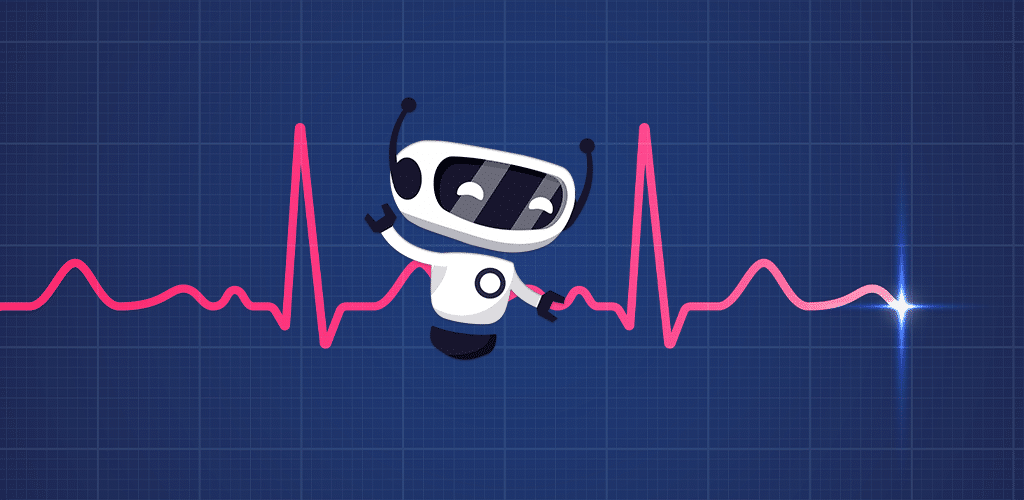February 13, 2020
Tips to Increase Your Medical Privacy
Posted by Rhiannon

Just as we trust doctors to keep us healthy, we trust their systems to protect our healthcare records. But, what happens if that trust is misplaced? In the past, unsafe storage practices have led to data hacks. Only a few years ago, thieves stole access to more than 112 million medical records in the United States. These instances open patients up to medical fraud, in which another person receives healthcare under their name. In some cases, healthcare records are even comprehensive enough for a hacker to steal patient identities as well. As a result of healthcare hacking, victims often feel helpless because they expected their data to be protected by their healthcare institutions. Strengthen your medical privacy with these tips:
- Review your records
- Check your bills and credit report
- Keep insurance cards safe
- Review information privacy policies
- Secure your online records
- Avoid free medical services
- Ask questions
Review Your Records
Hackers are clever. They can steal healthcare records without a trace, and leave their victims none the wiser. However, that doesn’t have to be the case for proactive patients. Periodically review your medical records if you have access to them. Search for errors, new diagnoses, or treatment plans for illnesses you don’t have. These are all warnings that someone else is receiving healthcare under your name. By catching the signs of medical fraud early, you can put an end to it before it costs you money or leads to unnecessary treatments that may negatively impact your health.
Check Your Bills and Credit Reports for Better Medical Privacy
It’s not always easy or convenient to access your private medical records. This is both a good thing, because it shows doctors are taking your privacy seriously, and a bad thing because it prevents you from seeing the signs of medical fraud. In this case, continue to be proactive with your security by checking your bills and credit reports instead. Medical costs can be astronomical so it’s unlikely that a surprise payment will go unnoticed. By catching them early, medical fraud can be stopped in its tracks.
Keep Insurance Cards Safe
Your doctor’s office isn’t the only one responsible for protecting your medical privacy. Often, insurance companies also have access to your records. While you can’t control the strength of their security measures, you can help to increase it. One of the best ways to do so is to ensure your physical insurance cards are kept in a safe place. These documents may be as valuable as your social security number. A water and fireproof safe is a great protection option. Report a lost or stolen card as soon as possible.
Review Information Privacy Policies
Every doctor’s office will have its own method for securing your medical records. Ask each office for their specific policy. This can help you determine the safety of your information. In addition, the number of online services used to provide healthcare has increased. The risk to your medical privacy grows with every party who can access your information. Before blindly handing it over, read the privacy policy of each new service. If you are uncomfortable with their methods, seek safer alternatives.
Secure Your Online Records
Weak data encryption from medical companies isn’t always the cause of a data breach. Patients who use weak security measures also contribute to the likelihood of a hack. To avoid this, always use a strong password to protect your online medical records. Follow these tips to create an excellent password for every online account.
Avoid Free Medical Services
Many free medical services exist. They offer free treatment options, or free medical equipment. Although some of these services may be legit, others are not. Unfortunately, it’s incredibly difficult to tell them apart. In general, avoid all free medical services as if they were scams. Better to pay out of pocket than to have someone steal from your pocket.
Ask Questions
When it comes to healthcare, it’s natural to share as much information as will make your care better. However, not all information will actually do so. For example, many medical forms ask for a social security number. However, this often isn’t required for care. If you have doubts about why you’re being asked for a piece of information, ask. This will help prevent oversharing your data.
Your medical privacy is as important as your medical care. Keep it healthy with these tips.
Posted by Rhiannon
More Blog Posts
February 14, 2023
How the Investigatory Powers Act Impacts Citizen Privacy
In 2016, the United Kingdom passed the Investigatory Powers Act or IP Act, into law. This act empowered the government and related agencies to access and collect citizen data, without consent. Critics immediately slammed the new law. The media dubbed it the “Snoopers’ Charter.” Meanwhile, Edward Snowden described the act as “the most extreme surveillance […] Read moreFebruary 14, 2023
How to Easily Unblock Wikipedia with HotBot VPN
Wikipedia puts a wealth of information at your fingertips. Everything from the biography of Alexander Graham Bell to the basics of quantum computing can be instantly opened by curious browsers. But what happens when you can’t access that information? Whether a business network blocks it or a particular country censors it, don’t let that slow […] Read moreFebruary 14, 2023

